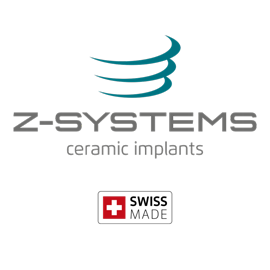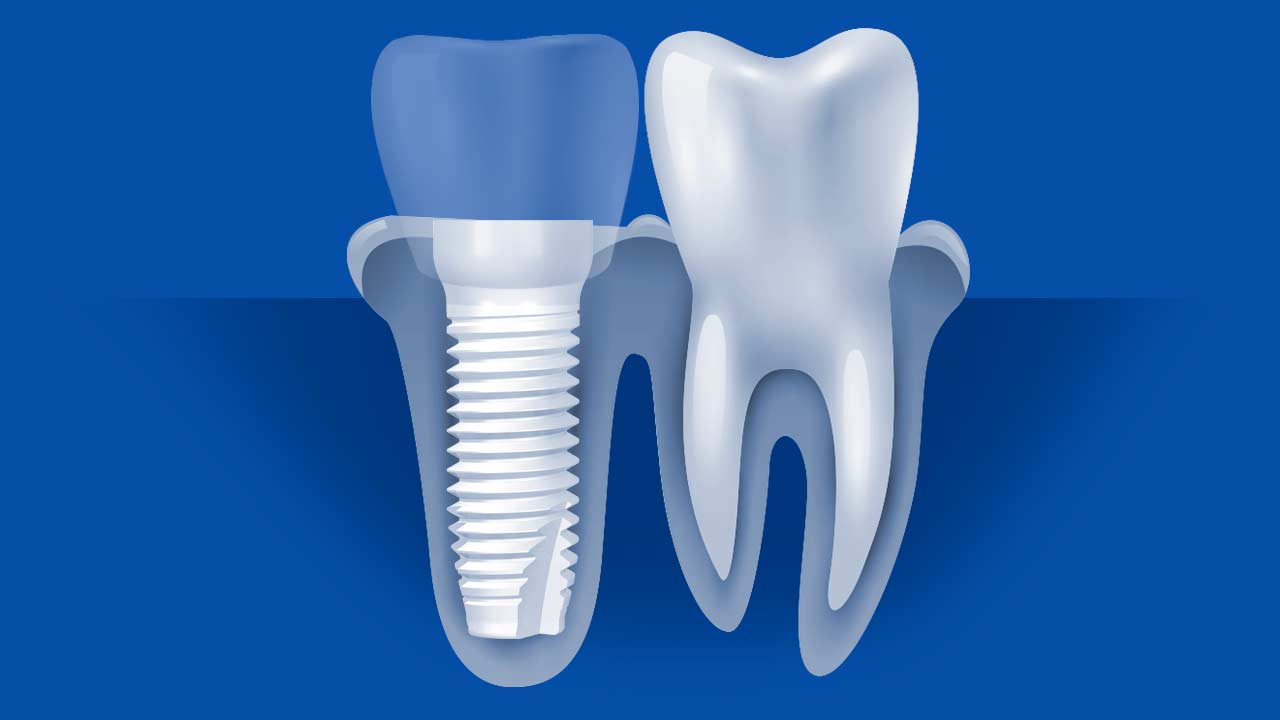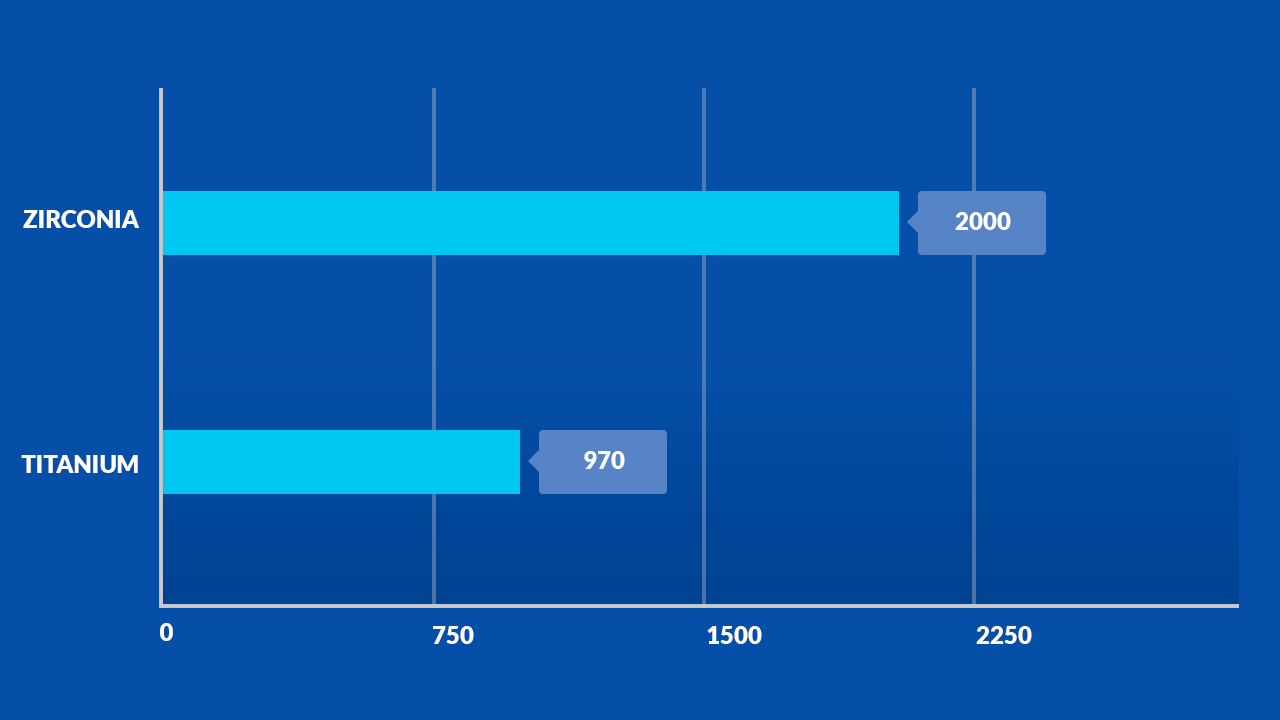Contact Us
Please complete the form below so that we can email you with your local Z-SYSTEMS Doctor information within 48 hours.

Are you a clinician interested in integrating ceramic dental implants into your practice?
Learn More
Ceramic dental implants are composed of a high-strength, biocompatible material called zirconia. Known for durability and resistance to corrosion, zirconia-based implants offer significant benefits for individuals seeking tooth replacement options.




Contact us and we will send you contact information for a provider in your area within 48 hours.